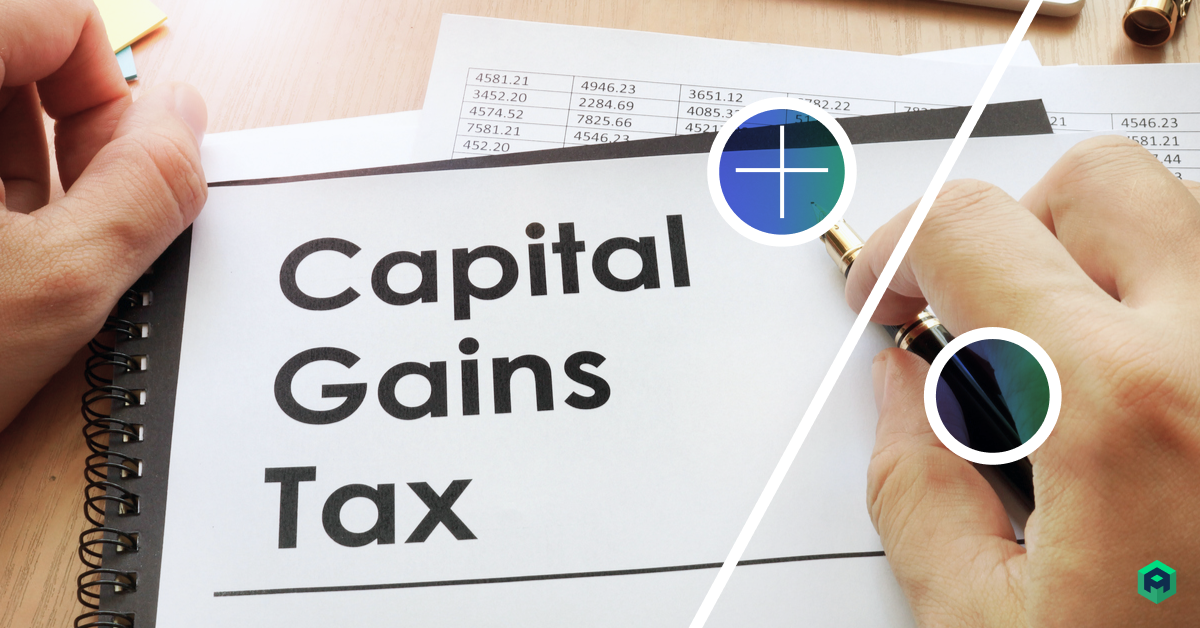A few of the most critical aspects of property development are planning, conducting due diligence, and carrying out feasibility studies before you get started. With the aim of turning a profit, you need to figure out your projected return on investment and part of that is understanding the tax implications of your property development project. Property development and capital gains tax needn’t go hand in hand. Depending on your strategy, you can either decrease your Capital Gains Tax (CGT) or avoid it altogether to improve your profit. With a view to keeping things legal, ethical, and making money, we’ve done a bit of research on your behalf.
What is Capital Gains Tax?
You have to pay capital gains tax or CGT on any profit you make from selling an asset. CGT applies to profit made from the property too. When you report your capital gains and losses in your annual income tax return, you will pay tax on your capital gains. You won’t file a separate report; you will file your CGT with your regular income tax return, increasing your tax bill. The best way to anticipate your income tax return is to put money aside to pay your CGT during the course of the tax year.
Is Property Subject to CGT?
Most property is subject to capital gains tax Property such as vacant land, business premises, rental properties, holiday houses, and hobby farms are subject to CGT. Unless you are renting out your home–or part of it–or you use it for business, your residence is not subject to CGT. If you are buying or developing a property as an asset, however, there is considerable red tape.
You will have to pay capital gains tax if you make a profit because it counts as income. Your capital gain, however, is not realised until the asset has been sold. Another vital thing to take note of is if you’ve held the property for more than 12 months, you only get taxed on 50% of the capital gain. Moreover, if you lose money, you will not pay CGT.
If you want to avoid paying capital gains tax legally, you must have been using the property as your primary place of residence for the duration of the financial year.
Sell or Rent?
Whether you sell or rent your property development out, you will be subject to tax at the end of every financial year. It’s more a matter of what type of investment you are planning to make. If you are selling the property, you will pay CGT once-off. If you are renting the property, you will pay tax each financial year in the form of income tax.
The best advice we can give is don’t try to dodge tax. You could end up with legal problems, and it’s not worth it in the end. Instead, take your time to calculate the estimated amount of tax payable ahead of time to find out if your property development project is worthwhile. Ultimately, paying capital gains tax is a sign that you’ve made a profit, and if you plan on being a successful real estate developer, you should get used to the idea.


